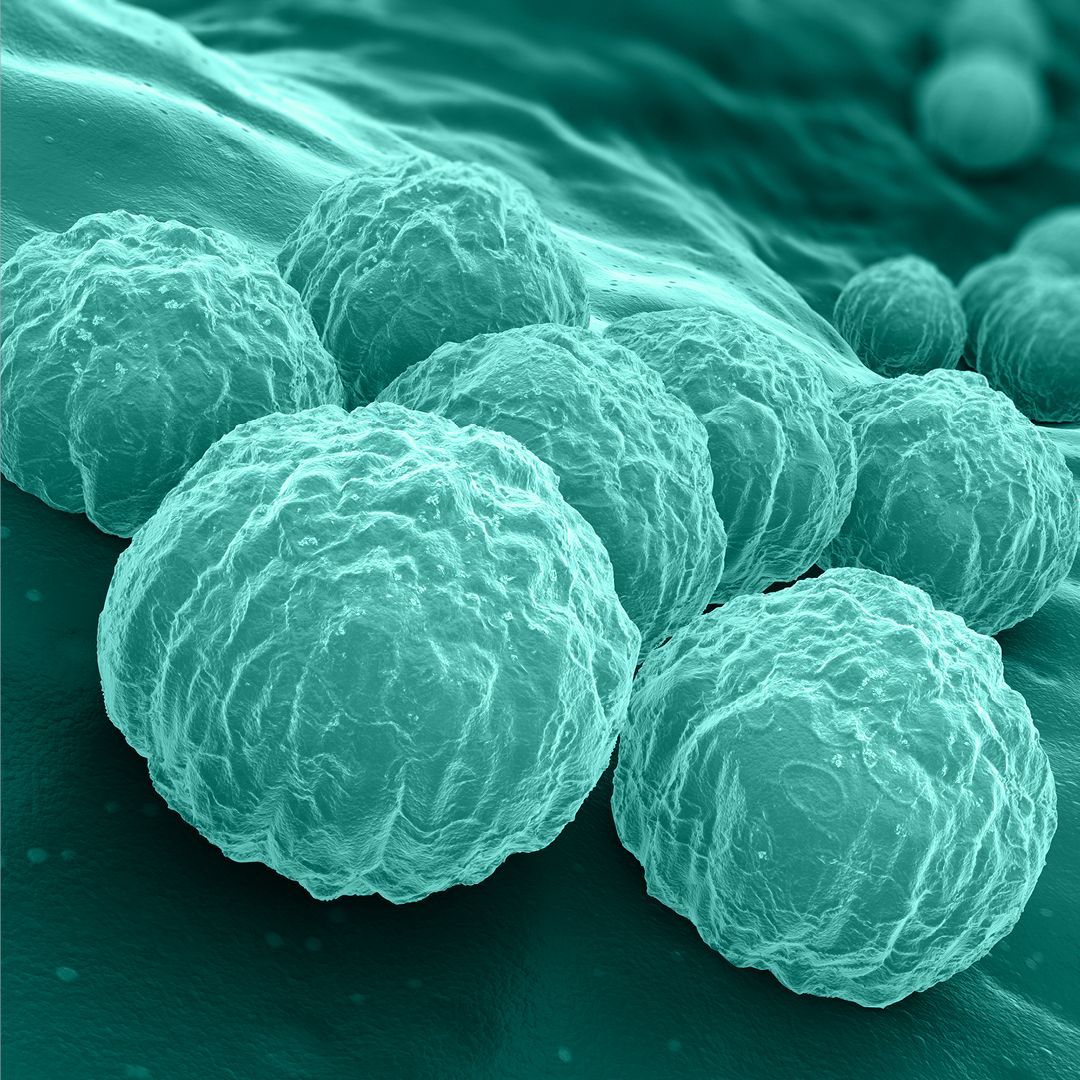What is Gonorrhoea?
Gonorrhoea is a bacterial, sexually transmitted infection that can affect the genitals, rectum and throat. It is most frequently found in young people under the age of 25, and affects both men and women.
What are the symptoms of Gonorrhoea?
The average time period before developing symptoms is 5 days, but it can vary between 2 days and 3 weeks after having sex.
Women will not get any symptoms at all, and if they do, they may easily be mistaken for a bladder infection.
For women, symptoms may include:
- Pain or a burning sensation when urinating
- Bleeding between periods
- A change in your usual vaginal discharge (in most cases you have more discharge)
- Anal itch, discharge or discomfort
For men, symptoms may include:
- Discharge or liquid from the tip of the penis
- Pain or discomfort while urinating
- Painful or swollen testicles (one or both)
- Anal itch, discharge or discomfort
Infections in the throat or rectum usually go unnoticed.
How do I get Gonorrhoea?
Gonorrhoea is passed on from one person to another through unprotected sex - oral, vaginal or anal. It can also be passed on through ‘rimming’ (mouth-to-anus contact) and the use of unwashed sex toys.
As is the case with Chlamydia, Gonorrhoea can also be passed on by the mother to her child through childbirth.
If you are pregnant and suspect you may have Gonorrhoea, it is important to get tested and treated as soon as possible to avoid any health problems for your baby.
How can I find out if I have Gonorrhoea?
Testing for Gonorrhoea is usually done by simply collecting a urine sample or, in women, a cervical swab or self sampling.
If you've also had unprotected oral or anal sex, a swab will be used to collect a sample from your throat or rectum. This is not painful at all. Rectum swabs can be done by self sampling as well.
In some cases a sample may be collected from the man’s urethra. Call or message us to get answers to any questions you may have about getting tested.
Is it difficult to treat Gonorrhoea?
Gonorrhoea infections can be treated with an antibiotic. Due to very high percentages of resistance to oral antibiotics, the treatment of choice is therefore an intramuscular injection (Ceftriaxon).
This means your doctor will give you one injection in your arm. It doesn’t hurt because you will receive pain prevention.
It is important to get tested and treated as soon as possible, and to seek advice from a healthcare professional if symptoms persist more than a few days after treatment has started.
Should my partner get tested too?
If you are diagnosed with any STD, your current partner(s) should also be tested and treated. It is important for anyone you've had sexual contact with recently to be tested.
Don't have sex with your partner before they've been tested, as you risk getting infected again.
Sexual intercourse is discouraged until 7 days after the start of your treatment or at least after the start of treatment of your current sex partner(s). If this is not possible, at least use condoms and/or a dental dam.
What happens if Gonorrhoea is left untreated?
Left untreated, Gonorrhoea can lead to serious health conditions that can have lasting effects.
In women, the infection can spread up into the womb, fallopian tubes and ovaries, leading to pelvic inflammatory disease (PID).
PID, in turn, can increase the risk of infertility and ectopic pregnancy (a pregnancy that occurs outside the womb, usually in one of the fallopian tubes).
In men, the infection can spread from the urethra (the tube through which you pass urine) to the testicles, causing pain and swelling (also known as epididymo).
It can also cause prostatitis, an infection of the prostate and if left untreated, strictures, narrowing or closing the urethra.
It's possible to re-infect yourself by transmitting the bacteria from your genitals, throat or anus to your eyes, causing conjunctivitis or worse, keratitis, if left untreated.
In some cases, the bacteria can spread to your bloodstream and cause infection of other organs, such as your heart valves, bones, joints etc.
You can also develop a perihepatitis, where the liver capsule is infected, causing pain in your right upper abdomen and fever.
Untreated
Gonorrhoea may increase someone's chances of getting or transmitting HIV.
How do I prevent myself from getting Gonorrhoea (again)?
Using condoms (correctly) every time you have sex is the best way to prevent getting or giving someone Gonorrhoea.
Whether you are in a new relationship or a long-term monogamous relationship, it is a good idea for both you and your partner to get tested before having unprotected sex.
4-IN-1 TEST
Come in, pay for your test, get tested discreetly and privately.
For a limited time until April 30th - only fl. 275.
ChlamYdia
Chlamydia is one of the most common sexually transmitted infections worldwide, the Chlamydia trachomatis bacteria. It can be treated by oral antibiotics.
mycoplasma genitalum
Mgen is a bacterium that is transmitted through sexual intercourse and can be treated by oral antibiotics.
Do you have any questions?
Please reach out to us:
Phone Or App:
Email:
Testing is available at all MLS locations
All Rights Reserved | Medical Laboratory Services Curaçao
Privacy & Terms






